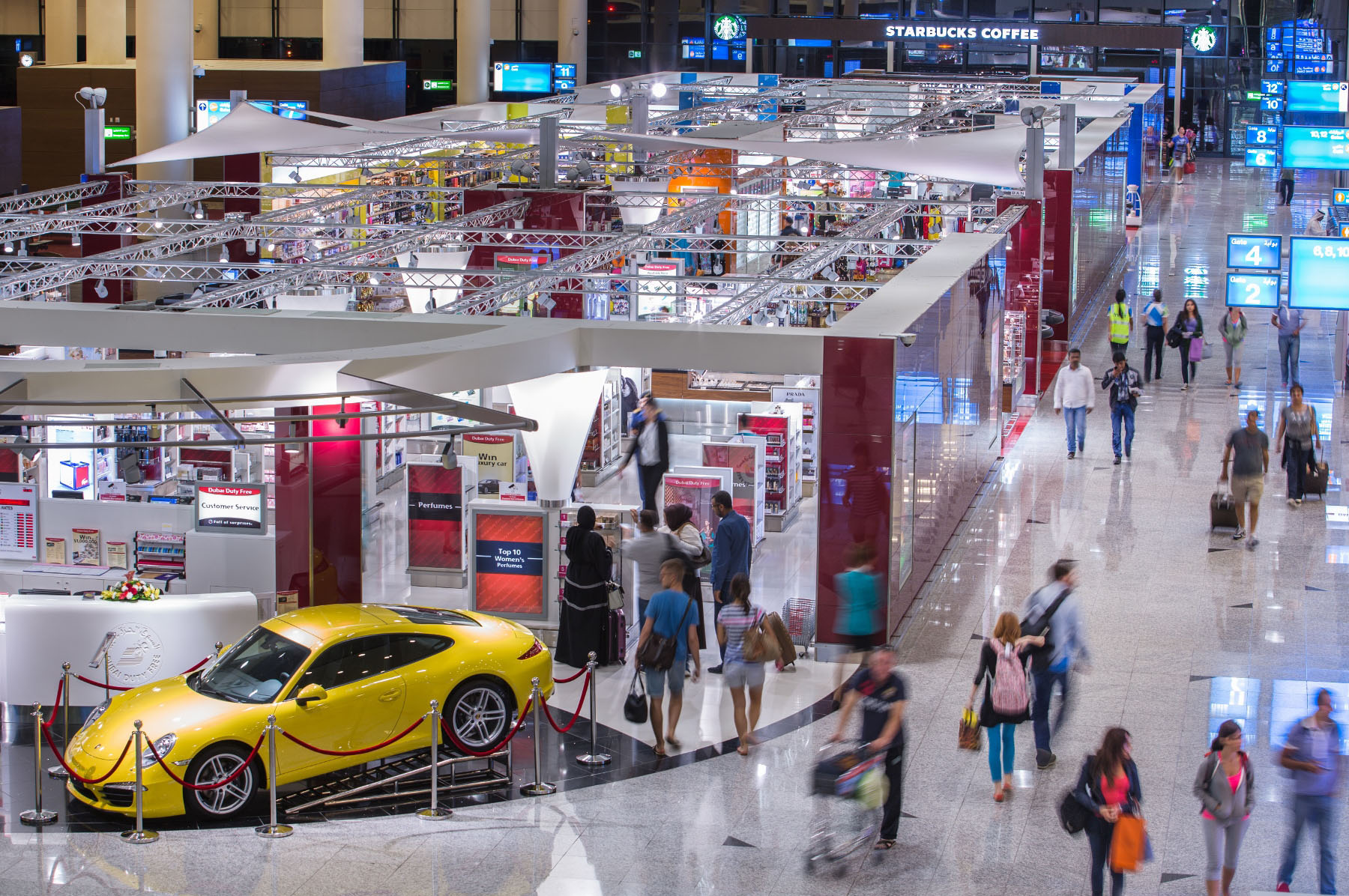

Abu Dhabi: The precautionary measures taken by most of the countries of the world to curb the spread of the new Coronavirus, COVID-19, pandemic, were one of the biggest challenges facing the tourism sector around the world in decades.
The United Arab Emirates (UAE), during this difficult circumstance, developed a plan that sets clear standards and requirements for the return of the tourism sector in July or September at the latest, taking into consideration the safety of tourists and complying with medical recommendations.
The UAE tourism sector has demonstrated a high level of responsibility during the COVID-19 crisis, presenting itself as an active partner in strengthening the state's efforts to combat the pandemic and reduce its negative impacts.

Since the early days of the crisis, many tourist establishments have rushed to help health authorities with all their facilities, especially hotel rooms, to be used for quarantine purposes for the patients, as some of these facilities have turned into a field hospital equipped with all the medical supplies and equipment.
The contributions of the UAE tourism sector extended to include financial and in-kind donations, such as ambulances, protective equipment and sterilisation materials.
Several institutions operating in the sector have also announced that the tenants of the commercial stores and restaurants rented in the hotels they own are exempted from rent for 3 months. They also contributed to campaigns providing food baskets and free meals to families and affected groups.
Despite being directly affected by the crisis, the UAE tourism sector still has a positive spirit and confidence in its ability to return soon to resume its activity and play pivotal role in contributing to economic growth, as well as to the country's gross domestic product, which in 2019 reached more than AED161 billion.

The past few days witnessed the holding of a group of meetings between the concerned authorities with sector representatives from tourism institutions and airlines to discuss plans to resume tourism activities and welcome tourists as soon as possible.
In this regard, Helal Saeed al Marri, Director General of Dubai's Department of Tourism and Commerce Marketing (DTCM), said that Dubai considers reopening its doors to welcome visitors from around the world at the beginning of July 2020.
The process will be gradual and could be delayed until September, depending on global trends, al-Marri said in a recent interview with Bloomberg.
He added the tourism industry will bounce back and evolve to focus more on health, hygiene and sterilisation of tourism facilities.

In 2019, the tourism sector in the UAE received a strong push to achieve more accomplishments, after the UAE government approved the issuance of a five-year multiple-entry tourist visa for all nationalities visiting the country, in a step to maintain the tourist momentum witnessed by the country.
The hotel sector is considered one of the most prominent attractions in the country's tourism, as the UAE hosts the largest international brands operating in this field.
The hotel sector in the UAE maintained high annual growth rates in terms of the number of guests and the number of establishments, as the UAE hotels welcomed 26.5 million visitors in 2019, compared to 25.55 million visitors during 2018, with growth of approximately 4 per cent.
The total revenues of hotel establishments in the UAE during the past year, according to preliminary estimates, reached to about AED31 billion, compared to AED31.3 billion in 2018.
In view of its importance in the future of tourism and other fields, the UAE attaches a great importance to the development of the aviation sector, as decision makers were keen to construct international airports and establish the largest and most modern airlines in the world. Thanks to these efforts, Dubai International Airport has become, for example, the world's busiest airport for international travel, and Abu Dhabi International Airport became one of the fastest growing airports in the world.

During the past year, UAE airports received 128 million passengers, according to data from the General Civil Aviation Authority.
Dubai Airport ranked first in the number of passengers in 2019 with 91.8 million passengers to prove that it is the busiest in the world in terms of international passenger traffic, and Abu Dhabi International Airport last year received 22.15 million passengers, then Sharjah International Airport by 11.9 million passengers, then Al Maktoum International Airport with 1.6 million passengers.
The UAE hosts 8 international airports and 4 national carriers, i.e., Emirates Airlines, Etihad Airways, flydubai and Air Arabia. The national carriers operate flights to 108 countries and 224 cities around the world.
The air transport sector contributes 13.3 per cent, or AED174 billion ($ 47.4 billion) to the country's gross domestic product.
Shopping tourism is considered one of the most prominent tourist patterns in the country, as millions of shoppers visit the country's huge shopping centres, such as Dubai Mall and Abu Dhabi Mall, and its ancient traditional markets, in search of the finest and best goods and products.

The UAE stands out as one of the major destinations of choice in the world of tourism for meetings, conferences and exhibitions, as it includes a number of facilities for exhibition tourism, such as the Abu Dhabi National Exhibition Centre, the Dubai International Convention & Exhibition Centre and the the Expo Centre Sharjah. --ONA
Oman Observer is now on the WhatsApp channel. Click here



